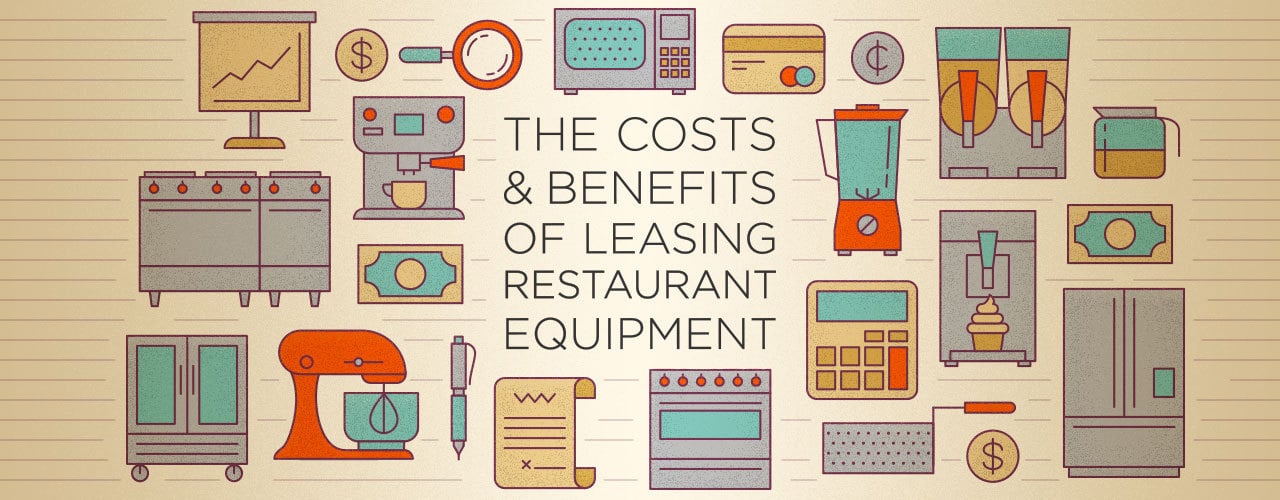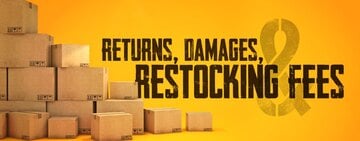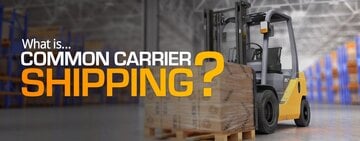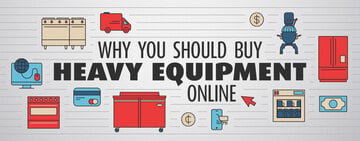The Costs and Benefits of Leasing Restaurant Equipment
Purchasing new restaurant equipment can be expensive, especially if you're opening a brand new restaurant. If you’ve ever had sticker shock from replacing an old item or buying a new one outright, you may have wondered if it would be better to lease restaurant equipment. Whether you're looking to lease a dishwasher or an refrigerator, we'll walk you through the pros and cons of restaurant equipment leasing to help you decide if it’s the right option for your business.
Click on any of the links below to jump to the information you are most interested in:
Advantages of Leasing Restaurant Equipment
For certain business owners, commercial restaurant equipment leasing has its benefits. Check them out below to see if this option is right for you.
Access to Equipment with Less Capital
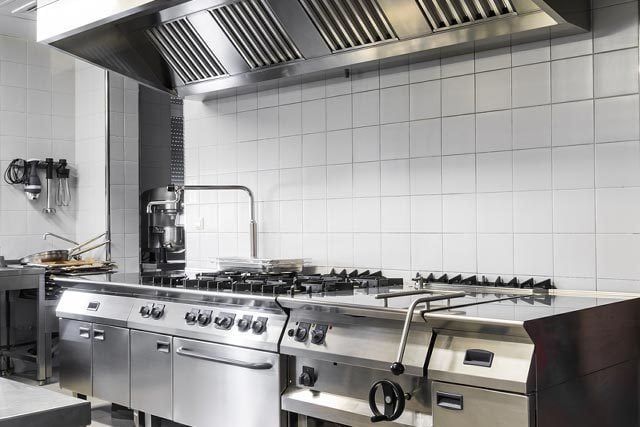
With an equipment lease, you get access to the equipment you need to get a new business up and running, even if you don’t have a lot of cash to work with.
You might be able to afford a monthly payment, but not a large lump sum. You also don’t necessarily need to have good credit to lease equipment, which can be a benefit to many business owners.
Leased Equipment Can Be Tax Deductible
Depending upon how the IRS categorizes your leasing agreement, your lease payments are usually deductible because they are a business operating expense. When you buy an item, you have to pay taxes up front, but when you lease, you pay taxes each month (rather than in a large lump sum). This could help negate the overall cost of the equipment. However, keep in mind that you won’t be able to take a tax deduction for depreciation on the item with leasing.
Leasing is Better if You Don’t Need Equipment Long Term
If your business is just starting out, you might want to go with more affordable, light-duty equipment before you know how many customers you’ll have each day. At the end of your lease term you always have the opportunity to return the equipment. Remember to check your lease contract carefully for your end-of-lease options.
Opportunity to Buy at Lease End
Many leasing services offer a buy-out option at the end of the lease term, though approval may depend on your credit rating. This option is best for items that you plan to keep for the life of your business, but that you may not be able to afford to buy up front.
Disadvantages of Leasing Restaurant Equipment
While leasing restaurant equipment might seem like a great idea, this option doesn’t come without its drawbacks. Learn more about the downside of leasing equipment below:
No Opportunity to Build Equity
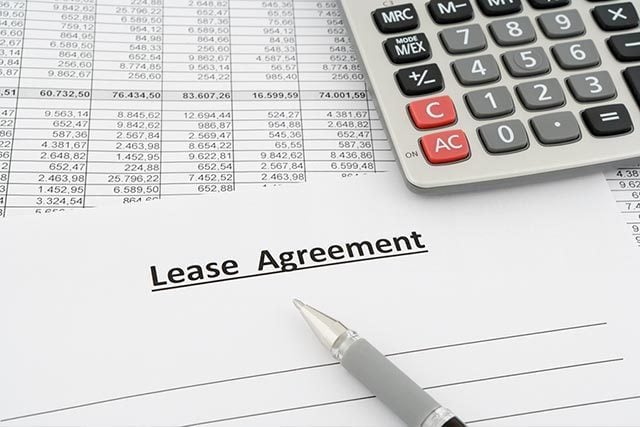
Because you don’t own leased items, you can’t build equity on them. Equity is the amount of money left over on something after you deduct the amount you owe on it. Therefore, if the equipment is still worth a significant amount of money at the end of your lease, you won’t be able to use that money to put towards a new unit.
For example, if you purchase a new convection oven and want to sell it, you can use that equity to buy a new unit. This is a reason that buying is more appealing than leasing to many business owners.
Leasing Can’t Cover All Costs
Some owners of restaurant startups may see leasing as a way around having to finance their new business. But just because you can make the monthly payment on everything you want, doesn’t mean that everything you want is available for lease. For example, you can’t lease dinnerware, daily supplies, or furniture. If you can get your hands on enough cash to invest in equipment and supplies up front, buying is usually the best option.
High Interest Rates
A major benefit to buying (as opposed to leasing) is the fact that you don’t pay interest rates when you buy. If your credit is less than spectacular, you’ll probably end up paying very high interest rates on a lease, which adds to the overall cost of the equipment.
Early Termination Fees
Make sure to review your lease contract carefully and take note of an early termination fee. If you find that you don’t need your leased equipment before your lease term is up, you might not be able to get out of the lease without a penalty. Instead of selling the equipment for the equity you’ve earned on it (like you would with equipment you bought), you’ll end up paying more to get rid of the unit.
Alternatives to Leasing
If you decide that leasing is not the option for you, WebstaurantStore offers some alternatives that might help you get the equipment you need:
Scratch and Dent
You can find commercial equipment with deeply discounted prices in our Scratch and Dent Outlet. These items have minor damages like small scratches and dents that are superficial and don't affect the performance of the equipment.
Getting new equipment for your restaurant is an investment, so weighing your options is important. Before making your selection, educate yourself on equipment purchases or leases to ensure that you're making the right choice for your business. Restaurant equipment leasing has its pros and cons, but being aware of that will help you to make the best decision.
